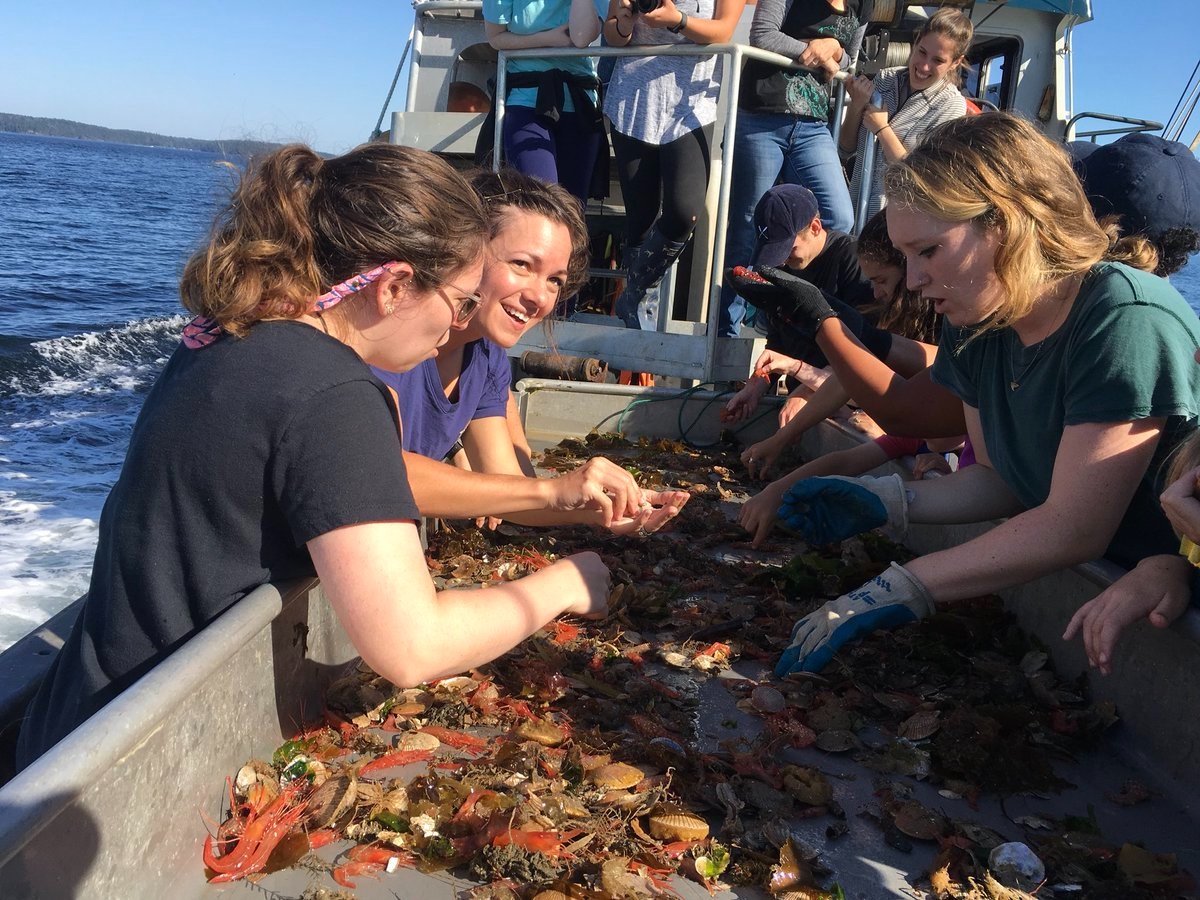Lab Research Focus
The Lamp lab uses integrative approaches to study the evolution of deep sea Fishes and better understand how humans impact fishes of the great plains.
Deep Sea
Deep-sea fishes are some of the most abundant and yet some of the most understudied fishes on the planet. Compared to their near-shore or freshwater relatives, many have evolved unique adaptations to live in the dark, cold, and highly pressurized habitat of the deep sea. Our lab uses a combination of phylogenetics and morphological analyses to better understand evolution in deep-sea fish groups like the lanternfishes, rattails, tube shoulders, and lizardfishes.
Great Plains
Freshwater systems in the Great Plains are some of the most adversely affected in the country. This is often due to changes in these natural habitats for use in agriculture and farming. Analyzing and understanding the resulting changes in fish species diversity has been a focus of fish biologists for decades. Our lab aims to understand changes between past and present fish diversity and evolution by analyzing morphological and genomic changes in fish species over time.
Integrative Methods
Whether it is fieldwork and sampling, imaging and CT scanning, computer statistical analyses and geometric morphometrics or phylogenetics, or lab work in things like histology and DNA extraction; our lab integrates a variety of methods to understand how fishes evolve, diversify, and adapt. A combination and collaboration of methods that can be used to understand organisms both in the deep-sea and in the face of human impacts and changing climates across the great plains.
LAB RESEARCH METHODS, SKILLS, & EXPERIENCES
- Geometric morphometrics
- Molecular lab work (e.g., extractions and amplification)
- micro-CT use and data analysis
- Phylogenetic analyses
- Freshwater collection techniques (e.g., seins, juglines, electrofishing, trap nets, gill nets)
- SEM use and data analysis
- Museum curation and use of wet collection specimens
- Curation and use of cryogenic facilities
- Morphological analyses
- Comparative phylogenetic methods and macroevolutionary methods





